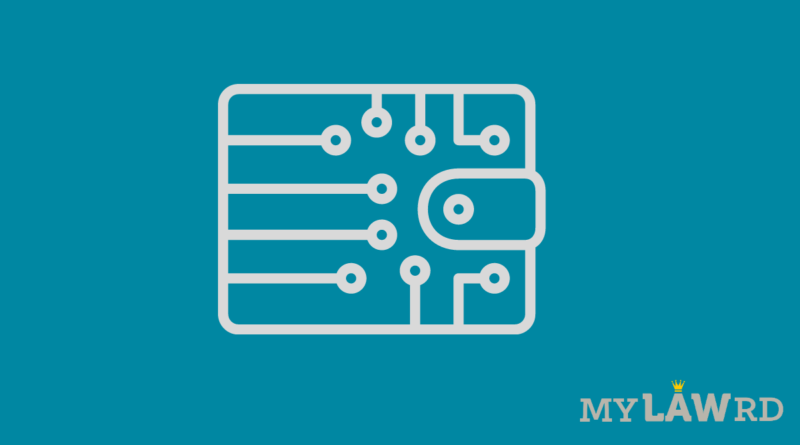Companies and Crypto-Exchanges to disclose Crypto related transactions
In a recent turn of regulatory events, the government has asked companies and crypto-exchanges to disclose crypto related transactions. On Wednesday, the Ministry of Corporate Affairs unveiled a new set of disclosure rules under the Companies Act, which would greatly improve financial and general reporting standards for businesses.
One of such amendments mandates the firms to disclose their crypto or virtual currency holdings and transactions in their annual financial statements for the current fiscal year. Though cryptocurrencies are currently unregulated in India, this is the first step toward the government recognizing digital assets as legal tender.
The Amendment
The new Amendment will be effective from April 1, 2021. The step is part of the government’s attempt to determine the extent of such transactions and keep tabs on companies luring investors with high-yielding investments. As per the amendment:
- Companies must also keep audit trails of their accounts;
- Accounting software features should be used by the entities. Such software should document the audit trail of each transaction and produce an edit log. This also includes the date of such changes, which are important for businesses using accounting software to keep track of their books;
- Similar to disclosures like employee stock options and earning per share information, the entities need to disclose profit and loss incurred through crypto transactions. Companies must provide information of cryptocurrency or virtual currency, such as profit or loss on transactions, amount of currency kept on the reporting date, and deposits or advances from any individual for trading or investing in cryptocurrency;
Following reports that several firms were getting investors to park funds in cryptocurrency, a similar provision was also included in Companies (Auditor’s Report) Order, 2020.
The Crypto and the Regulatory Waters
The Government’s stance with cryptocurrencies has been at loggerheads for a long time. This all began with the RBI’s 2018 notification prohibiting banks to not undertake transactions with entities dealing in cryptocurrencies.
Although in the case of IAMAI v. RBI, the Supreme Court quashed the notification in March 2020, the government declared that it will ban cryptocurrencies in India based on the recommendations and a Bill proposed by the Inter-Ministerial Committee (IMC) Report of 2019. This Bill was not tabled in the Parliament for discussion.
In Jan 2021, the government introduced the Cryptocurrency and Regulation of Official Digital Currency Bill, 2021 which will ban crypto-currencies while also granting the Reserve Bank of India (RBI) the legal authority to establish a Central Bank-backed Digital Currency (CBDC).
Following the January 2021 agenda, the Internet and Mobile Association of India (IAMAI) suggested that India should regulate cryptocurrency and not ban it. It was also rumored that India may penalize possession of cryptocurrency.
This week on Tuesday, Minister of State for Finance Ministry Anurag Singh Thakur said that the government would decide on the recommendations made by the IMC on cryptocurrencies in India. This was stated in reply to a query asked in the Rajya Sabha.
In light of these events, the recent amendment is expected to relieve the crypto investors.
Do subscribe to our Telegram channel for more resources and discussions on technology law and news. To receive weekly updates, and a massive monthly roundup, don’t forget to subscribe to our Newsletter.
You can also follow us on Instagram, Facebook, LinkedIn, and Twitter for frequent updates and news flashes about #technologylaw.

